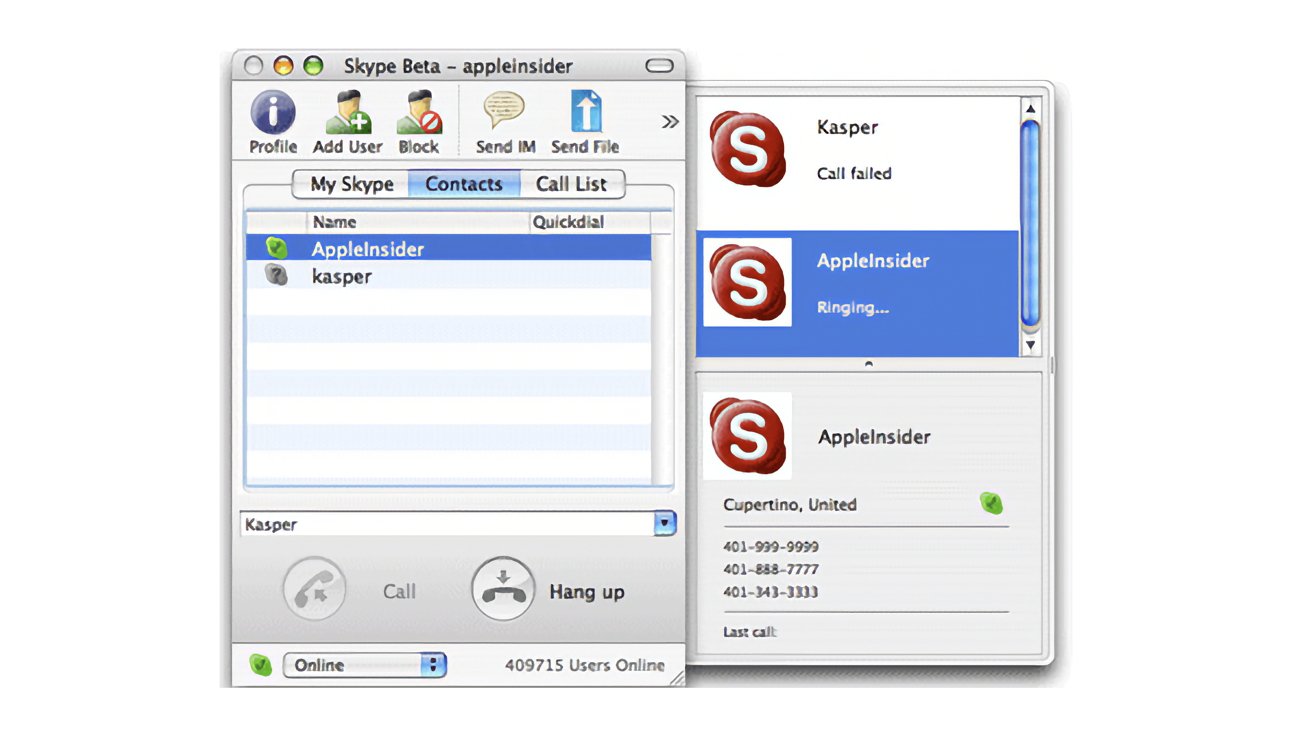www.marktechpost.com
The evolution of robotics has long been constrained by slow and costly training methods, requiring engineers to manually teleoperate robots to collect task-specific training data. But with the launch of Aria Gen 2, a next-generation AI research platform from Metas Project Aria, this paradigm is shifting. By leveraging egocentric AI and first-person perception, researchers are now equipping robots with a more human-like understanding of the worldunlocking faster, scalable, and cost-efficient robot trainingas demonstrated by Georgia Tech.Historical Challenge: Teaching Robots to Perform Human TasksTodays robots struggle to adapt to real-world environments, primarily because they require highly specialized datasets for training. Traditional methods involve robot teleoperation, where engineers manually guide robots through tasks while collecting sensor data. This approach is:Time-consuming: Training a robot to fold laundry, for instance, can take weeks of supervised demonstrations.Expensive: The cost of human teleoperation experts and high-end robotic hardware makes large-scale training impractical.Task-specific: Each new skill requires entirely new datasets, limiting generalization across different environments.What if robots could learn by simply watching humans perform tasks?Egocentric AI: The Breakthrough for Scalable Robot LearningThis is where Aria Gen 2 comes in. Researchers are now using egocentric AIAI that learns from a humans first-person perspectiveto train robots faster, with less data, and across a wider range of tasks.Key advantages of Aria Gen 2 for robotics research:Real-time perception: Equipped with RGB cameras, SLAM sensors, IMUs, and eye-tracking cameras, Aria glasses capture exactly what a human sees, hears, and experiences.On-device AI processing: SLAM, hand tracking, and speech recognition are processed directly on the glasses, enabling real-time AI-driven learning.First-person task demonstrations: Robots can now be trained using human egocentric recordings, allowing for more natural, scalable data collection.Georgia Techs EgoMimic: Robots Learning from Human DataAt Georgia Techs Robotic Learning and Reasoning Lab, researchers led by Professor Danfei Xu have pioneered a breakthrough framework called EgoMimic, which uses first-person human data from Aria Gen 2 to train humanoid robots.How EgoMimic WorksHumans perform daily tasks (e.g., folding laundry, washing dishes) while wearing Aria Gen 2 glasses.Aria captures human-centric sensor data including vision, movement, and hand interactions.The collected data is fed into EgoMimic, which translates human actions into robotic behaviors.Robots learn to replicate human actions without requiring manual teleoperation.400% Faster Robot Learning with Egocentric AICompared to traditional methods, EgoMimic accelerated training efficiency by 400% while reducing the need for teleoperated demonstrations. Instead of hundreds of hours of robot-guided training, robots can now learn new tasks using just 90 minutes of human egocentric recordings.Closing the Gap Between Human and Robot PerceptionWhat makes this approach revolutionary is that Aria glasses are not just used for human data collectionthey also act as a real-time perception system for robots.Aria glasses mounted on robots serve as sensor packages that allow robots to perceive their environment in real timejust like a human.The Aria Client SDK streams live sensor data to a robots AI system, enabling more adaptive, real-world decision-making.Minimizing the domain gapsince robots and humans collect data from the same egocentric perspective, AI models trained on human demonstrations translate seamlessly to robotic execution.Potential Scalable AI Training for Humanoid RobotsWith EgoMimic and Aria Gen 2, researchers envision a future where:Robots can be trained at scale using egocentric data, significantly reducing the cost and time required for AI training.Humanoid robots can perform a variety of everyday tasks, from assisting in homes to operating in dynamic industrial environments.Egocentric AI becomes the foundation for general-purpose robotics, enabling robots to learn in the same way humans dothrough observation and experience.Aria Gen 2 is not just an AI research toolits a turning point for robotics. By shifting the focus from teleoperation-based training to scalable egocentric learning, Meta is paving the way for the next generation of intelligent, adaptable robots.Check out Meta project page and Georgia Tech project page and Links to datasets. All credit for this research goes to the researchers of this project. Also, feel free to follow us on Twitter and dont forget to join our 80k+ ML SubReddit. Jean-marc MommessinJean-marc is a successful AI business executive .He leads and accelerates growth for AI powered solutions and started a computer vision company in 2006. He is a recognized speaker at AI conferences and has an MBA from Stanford.Jean-marc Mommessinhttps://www.marktechpost.com/author/jean-marc0000677/Introducing Parlant: The Open-Source Framework for Reliable AI AgentsJean-marc Mommessinhttps://www.marktechpost.com/author/jean-marc0000677/Level Up Your Coding: Get Your AI Pair Programmer with Magicode Jean-marc Mommessinhttps://www.marktechpost.com/author/jean-marc0000677/Researchers at the University of Illinois have developed AI Agents that can Autonomously Hack Websites and Find Zero-Day VulnerabilitiesJean-marc Mommessinhttps://www.marktechpost.com/author/jean-marc0000677/Building Production-Ready AI Solutions: The Essential Role of Guardrails Recommended Open-Source AI Platform: IntellAgent is a An Open-Source Multi-Agent Framework to Evaluate Complex Conversational AI System' (Promoted)











